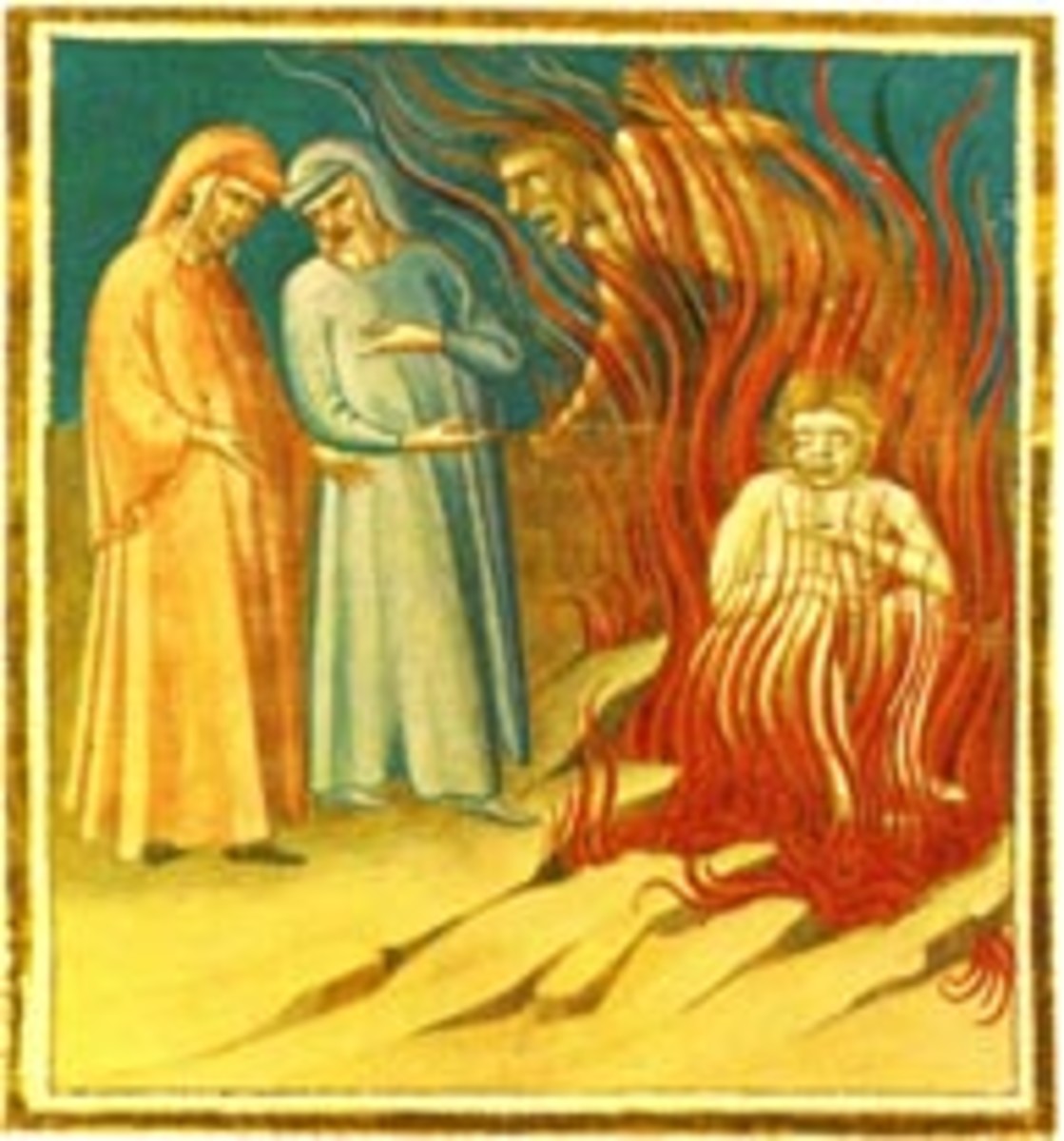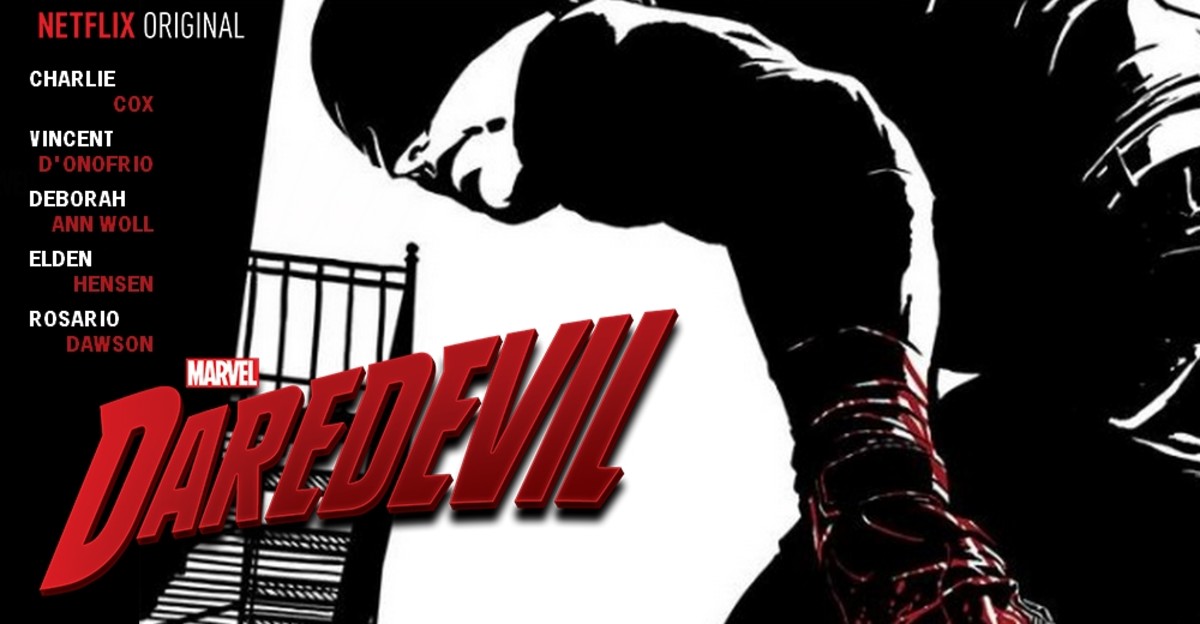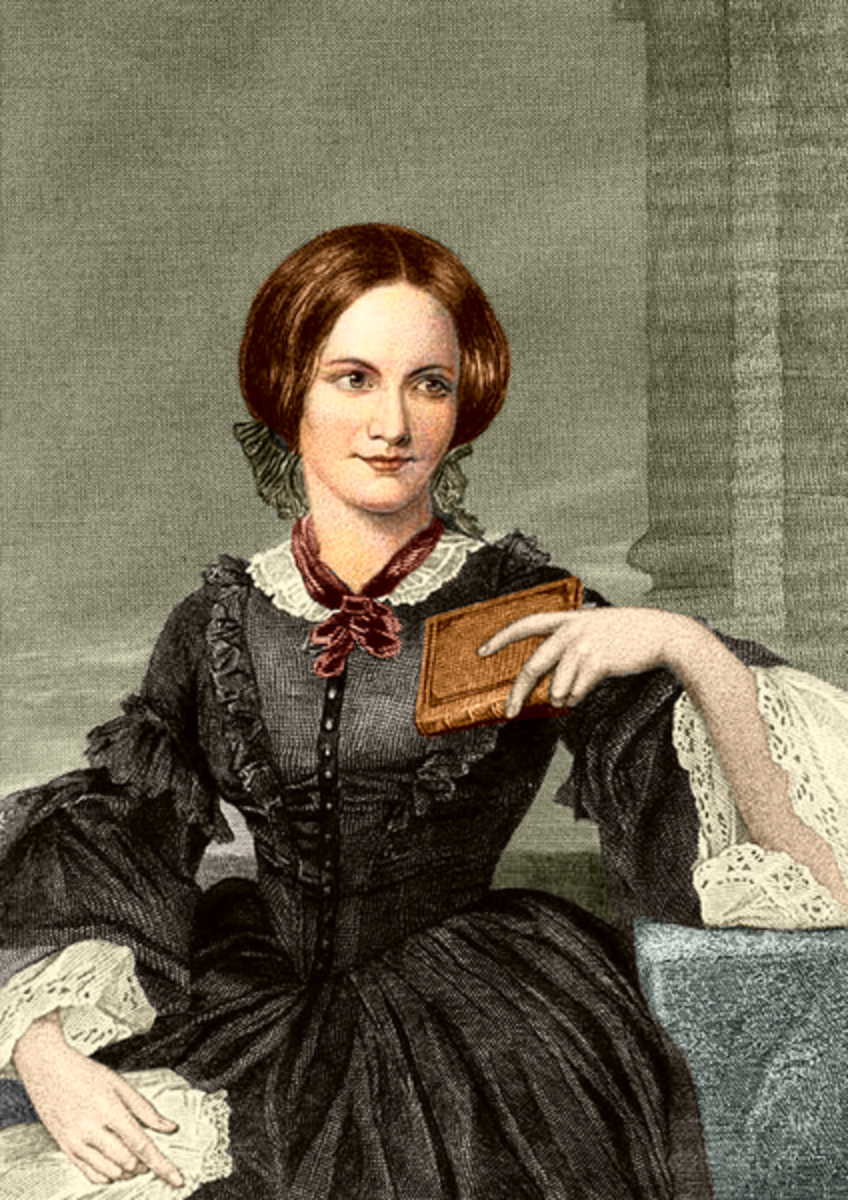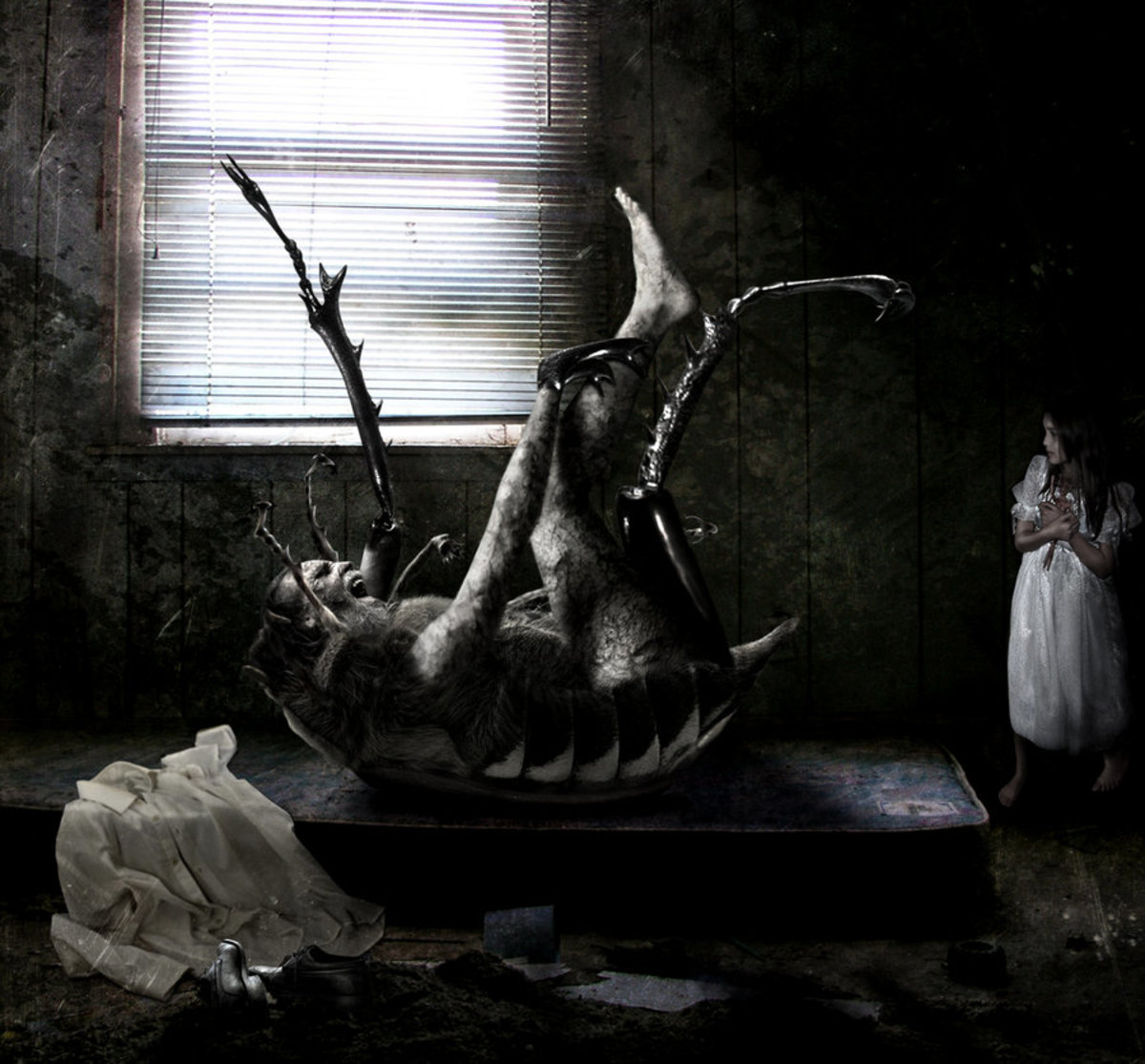The Pilgrim’s Pity: on Par for Progress - Reflections on Dante Alighieri's Inferno
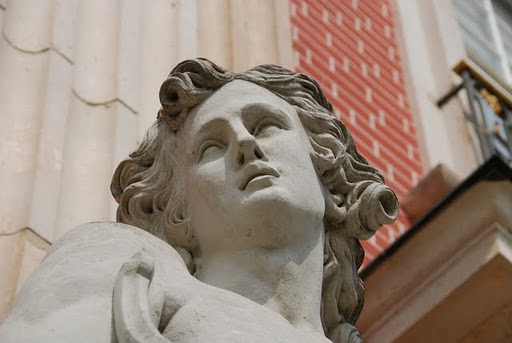
In the words of Robert Durling and Ronald Martinez, “Dante’s ultimate subject might be described as the ways the great cosmic and historical drama of God’s creation of the world, man’s fall, and humanity’s redemption from sin is visible in history and his own personal experience” (3). To prove his point, Dante Alighieri offers himself to readers as Dante the Pilgrim and publicly confesses his sins so that they might understand how the soul is redeemed. As practiced in the Catholic religion, the first step toward redemption is confession, and Dante the Pilgrim confesses in his Inferno by expressing exceptional pity for those souls with whom he shares sin (the opportunists, the carnal, the self-destroying, and the diviners). While Dante the Pilgrim’s pity is looked down upon and even scolded at times by his guide Virgil, it is absolutely necessary as it reveals the Pilgrim’s implication in certain sins and thus acts as a form of confession so that he may progress to a higher state of being.
The Cause for Empathy
Why should Dante the Pilgrim feel pity for those who share his sins? Should he not instead express fear of someday experiencing the same punishment? Upon initial exploration, the idea that the Pilgrim’s heartfelt pity is an expression of sympathy seems ridiculous. With further consideration, however, the Pilgrim’s pity is overwhelmingly logical. Ciardi explains that “the law of Dante’s Hell is the law of symbolic retribution. As [the sinners] sinned so they are punished” (30). This symbolic punishment is not strictly limited to the afterlife. To a great extent, the punishments Dante Alighieri creates in Hell are literal interpretations of the mental state a sinner experiences while still alive.
Contemplation of just a few punishments makes this assumption perfectly clear. Just as the sinners in Canto V are tossed about in a dizzying whirlwind, they experienced a mental whirlwind in life as they let their minds succumb to the overwhelming insanity of uncontrolled passion, and just as the souls in the Forest of Suicides can only express themselves as they are destroyed, the sinners in life felt they could only release their anguish by destroying their bodies. Each punishment that Dante orchestrates in his Inferno is carefully designed to reflect the mental state of a sinner on earth, which is one reason why his punishments resonate so strongly with readers.
Because Dante’s punishments reflect a sinner’s state of mind in life, it is only logical that Dante the Pilgrim should feel sympathy for those in Hell with whom he shares a common sin. He weeps because he knows their pain. If one does not know the sin, one cannot know the sinners’ true anguish, which is why Beatrice and the Divine Messenger can have no pity for those in Hell. Dante also experiences this lack of pity, but as he still carries sin with him, the absence is not complete.
Biographical Connections
While it is impossible to know what Dante Alighieri’s specific sins were, there is some evidence connecting the poet to the four sins for which the Pilgrim expresses exceptional lamentation. According to Durling and Martinez, Dante’s first emotional response in Hell is seen amongst the opportunists, as he “shed tears” (3.24) upon hearing their tortured wails. Dante did not live his entire life as an opportunist, but there is some historical evidence that he wavered in allegiance. Apparently, “in 1304, Dante broke decisively with the Whites, and, astonishingly for the times, dissociated himself from all political parties and became “a party all by [himself],” as he has his ancestor Cacciaguida say in Par. 17.69” (Durling 12). Thus, it is possible that Dante considered himself somewhat of an opportunist and found himself guilty of that sin.
Dante’s personal connection with the Carnal is somewhat more documented. C.H. Grandgent wrote that Dante’s foray into carnal sin could be related to his “mad infatuation with the woman he calls Pietra, for whom he wrote … wildly beautiful amatory poems” (87). Dante’s sin could also be related to the girl at the window who had caught his attention and caused him to deviate from his pure, true love for Beatrice. In the Vita Nuova, Dante writes that this infatuation took place shortly after Beatrice died. One day as he sat grieving, “he raised his eyes to look out of the window and there saw a beautiful young girl at an opposite window… His first impulse was to avoid her, but later yielding to temptation he looked across at her many times” (Rosa 419). While Dante tried to reason that he was taken with this woman because she reminded him of Beatrice, he knew in his heart that this passion was a sin. Thus, Dante’s infatuation with either (or both) of these women could be what caused him to temporarily fall into the whirlwind of passion that imprisons sinners in Canto V.
After meeting the soul of Piero, in Canto XIII’s Forest of Suicides, the Pilgrim cannot help but express that “much pity weighs on [his] heart” (13.84). Durling and Martinez remark that, “As a lay intellectual cast out and condemned to death by his own city, Dante had strong reasons to identify with Piero” (214). Indeed, Dante Alighieri experienced a great deal of anguish upon being banished from his home, and he frequently expresses this in the form of dark prophesies given to the Pilgrim as he travels through Hell. Dante’s indignation is justified according to Durling and Martinez, as they indicate that “confiscation of property, exile, and loss of citizenship were even more severe to a Tuscan of 1300 then the equivalent would be today; there was no provision of “naturalization” into some other community” (9). Given that Dante’s displacement was so traumatizing, it would be reasonable to suggest that the poet experienced suicidal thoughts, which would give him a strong connection to the sinners of Canto XIII.
Dante’s expression of pity in Canto XX is the most dramatic of all, as the Pilgrim does not only lean against a rock and weep, but is also chastised by his guide for being so slow to learn that sinners in Hell deserve no pity. It is very possible that this demonstration of pity is not confession but rather a demonstration of the Pilgrim’s need to lose compassion for sinners. Nevertheless, the fact that he shows such great sympathy for sinners so low in Hell strongly suggests that this demonstration is yet another confession of sin. According to Durling and Martinez, the sin of those in the fourth bolgia could have been “merely fraudulent exploitations of superstition” (565), so it is possible that Dante could have found himself, at some point in life, caught up in superstitious behavior which he believed to be sinful. It is also possible that Dante placed sinners in this circle of hell because “they consider the future fated, irrevocable, and therefore knowable” (Durling 565). If this is indeed the case, it is possible that Dante felt he engaged in diviners’ sin because he had developed a great interest in pagan works and may have come to believe in the possibility of predicting the future. One further possibility is that Dante attempted to use, or thought he succeeded in using, some sort of dark magic to foresee the future. Dante, “participated, along with other exiled Whites, in abortive attempts to reenter the city (1302-1303)” (Durling 12). While it is quite a stretch to suggest that these attempts were aborted because of possible visions or predictions, it is yet one more reason why Dante the Pilgrim might feel sympathy for the sinners in Canto XX.
The Importance of Confession
Ciardi asserts that “Beatrice, a higher creature, is so made that she is incapable of being moved by the creatures of Hell… as is the Divine Messenger who springs open the Gates of Dis” (163). The very fact that Dante the Pilgrim expresses pity for those in Hell demonstrates that he is by no means free of sin. This being so, it is extremely important that he confess his sins, for if he does not, it will be impossible for him to progress to higher levels of being.
Before Dante can progress from the dark wood in which he finds himself at the onset of his journey, he must first acknowledge his error. By expressing pity for souls with whom he shares common sin, the Pilgrim makes his transgressions public and takes the initial steps toward sacrament so that he may continue his ascent toward Heaven.
It is clear that Dante the Pilgrim commits acts of penance in Purgatory, but for him to even be capable of doing so, he must first admit he has sinned in the first place. While some confession takes place in Dante’s Purgatorio, especially for lesser sins that are not so overtly dealt with in the Inferno, it would be impossible for Dante to even begin his penance without first confessing his greater sins in Hell. Furthermore, if Dante had no significant sins to confess in Hell, he would have begun his ascent of Purgatory right away, which he was clearly unable to do. Thus the Pilgrim’s confessions in Inferno are instrumental in Dante’s improvement and only by confessing (through his expressions of pity) is he able to progress.
Conclusion
Dante the Pilgrim’s pity in the Inferno is a common and reoccurring theme. Many equate the Pilgrim’s pity to lack of experience and understanding. Mark Musa writes: “as the pilgrim progresses he will learn the nature of sin and of evil souls, and his reaction will change” (83). This is certainly the case on one level; however, Dante’s Divine Comedy must be reconciled on many different levels. Without a doubt, here are instances in which Dante the Pilgrim demonstrates pity above and beyond what would be expected from one learning the nature of sin. In these cases, Dante the Pilgrim’s pity reflects Dante the poet’s personal experience with a particular sin, and acts as a confession in which the Pilgrim takes the first steps toward redemption. These confessions take place at four points in Hell- among the Opportunists, the Carnal, the Self-Destroying and the Diviners. After confessing, Dante is able to progress on to Purgatory. In the end, Dante’s pity is the ultimate form of piety- allowing him to progress to new levels that he would never reach without it.

Works Cited
Ciardi, John, trans. The Divine Comedy. New York: New American Library, 2003.
Durling, Robert M., trans. The Divine Comedy of Dante Alighieri. Ed. Ronald L. Martinez. Vol. 1. New York: Oxford UP, 1996.
Grandgent, G H. The Power of Dante. Boston: Marshall Jones Company, 1918.
Musa, Mark, trans. Inferno, Commentary. Vol. 2. Indianapolis: Indiana UP, 1996.
Rosa, Sister. "Realistic Elements in Dante's Vita Nuova." The Modern Language Journal (1944): 413-421. JSTOR. 10 Feb. 2008.



